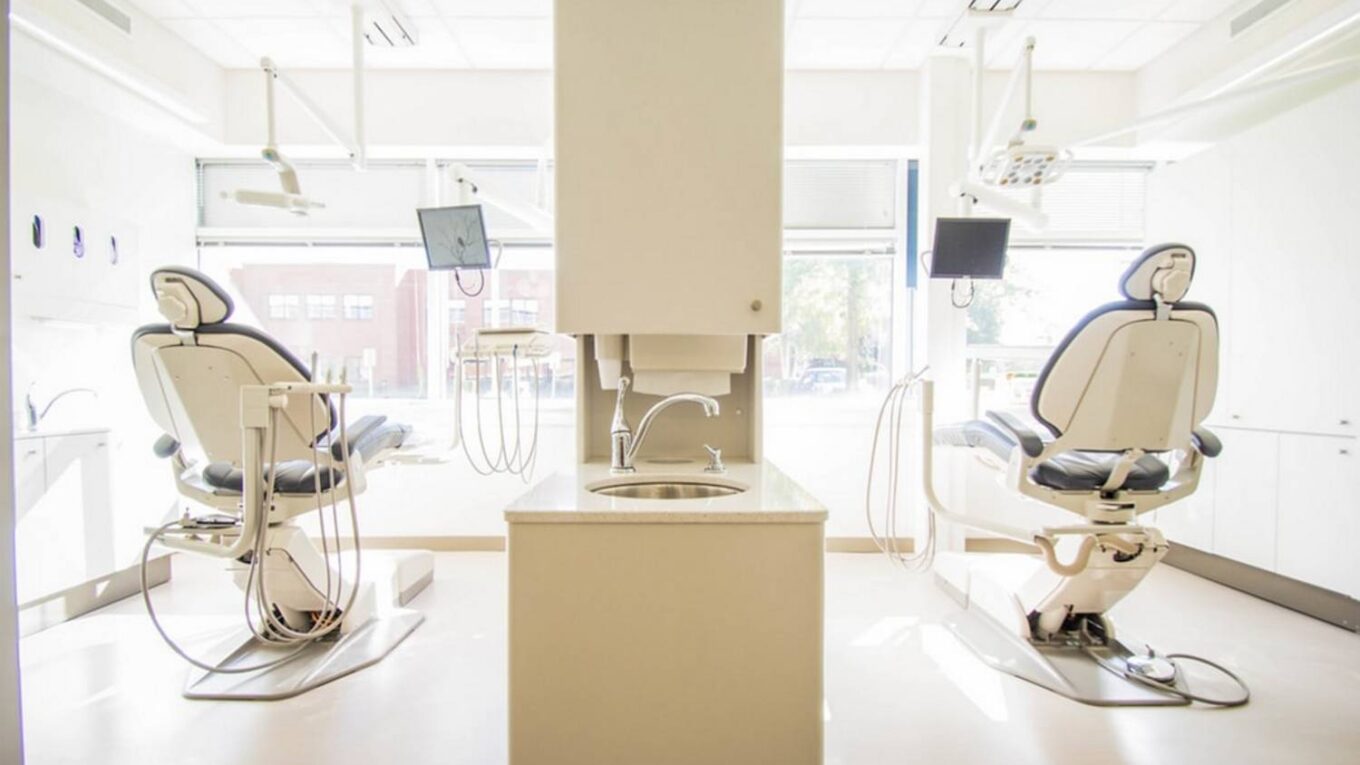What is dentistry?
What is dentistry? Dentistry is one of the fields of medicine that includes the diagnosis and treatment of various diseases that affect the teeth, periodontium and oral cavity. In addition, dentists deal with prophylaxis aimed at preventing caries and other diseases. A doctor who works with dentition is called a dentist or dentist. To become one, it is necessary to graduate from the medical and dental faculty at a medical university.
- https://www.edumaniacy.pl/wrastajace-paznokcie/
- https://www.mojagarbatka.pl/jakie-radio-2din-z-androidem-wybrac/
- https://www.testboy.pl/jakie-etui-do-smartfona-gwarantuje-dlugie-zycie-twojego-telefonu/
Dentistry is a broad field that can be further divided into various specializations. The development of technology and innovations allows dentists to treat even the most damaged teeth completely painlessly. What is worth knowing about dentistry?
- medycyna-estetyczna24.waw.pl
- szkola-muzyczna24.com.pl/nauka-gry-na-pianinie-fortepianie-warszawa/
- obiektywy.waw.pl
What does dentistry do?
Dentistry, and more specifically dentists, provide services aimed at preventing the development of dental diseases, as well as their treatment. Depending on the specialization, the tasks of the dentist extend to the full range of work, from tooth extraction, to the correction of malocclusion, and the insertion of implants, i.e. replacement teeth.
What is dentistry?What are the dentist’s tasks ?
-
-
- preventing the development of caries, which is possible with regular inspection of the condition of the oral cavity,
- eliminating and treating malocclusion,
- treatment of infections around the teeth,
- treatment of painful pulpitis,
- eliminating gum diseases, such as hypersensitivity and bleeding,
- correcting the method of tooth hygienization and learning proper brushing,
- hygienic treatments – removal of tartar and sediments, sandblasting, scaling and fluoridation,
- recognition and diagnosis of dental malformations, especially in small patients,
- correction of injuries and damage to teeth resulting from accidents,
- diagnosis and treatment of inflammations in the oral cavity.
-
What treatments does the dentist perform?
-
-
- tooth treatment – endodontic (root canal) and conservative,
- extraction of permanent and deciduous teeth,
- surgical removal of wisdom teeth,
- advanced treatment of broken teeth, requiring surgical intervention,
- removal of cysts and abscesses formed in tissues located in the oral cavity,
- rinsing and cleaning the gingival pocket,
- diagnosis and treatment of lesions on the salivary glands and the mandible,
- treatment of traumatic fractures of the jaw bones,
- reconstruction of soft tissues that are located in the oral cavity.
-
What are the specializations of doctors – dentists?
Dentistry is a very broad field of medicine. All doctors – dentists, after completing the appropriate field of study, have a choice of different specializations, which narrow the field of activity and the scope of performed activities.
-
-
- Conservative dentistry – its tasks include the prevention of diseases of the oral cavity and teeth and the treatment of lesions. It is the most popular branch of dentistry that helps to protect the patient from caries, eliminate small cavities, and deal with extensive tooth damage – with the help of root canal treatment.
- Children’s dentistry – It covers the scope of work with toddlers and children who already have milk teeth or are in the phase of their growth. The work of a pediatric dentist is based on prophylaxis, which is possible thanks to the varnishing and sealing of the teeth of small patients. All performed treatments affect the condition of the primary dentition – they improve the mineralization and structure of the teeth, which allows to protect permanent teeth against caries infection.
- Dental Surgery – A dentist surgeon is specialized in extracting difficult-to-locate teeth, such as wisdom. In addition, he deals with the removal of cysts and cleaning the places left after them, as well as the treatment of abscesses.
- Maxillofacial surgery – specialists in this field deal with the treatment of complex fractures and neoplasms in the craniofacial area. You don’t need to be a dentist to do maxillofacial surgery. The specialization may be pursued by other medical graduates.
- Orthodontics – is a branch of dentistry that deals with the early diagnosis and recognition of malocclusion and their treatment – with the use of various types of orthodontic appliances.
- Dental prosthetics – is a part of dentistry whose task is to restore and rebuild losses in teeth. The aim of such activities is to visually improve the smile, but also to restore the function of the mouth organ, i.e. correct pronunciation and chewing of food. A prosthetist makes dentures from various types of components, such as metal alloys, porcelain or ceramics.
- Periodontology – is a specialization whose scope of work is the diagnosis and treatment of periodontal and oral mucosa diseases, such as periodontitis.
-
When to visit the dentist?
Every person should regularly visit a doctor – dentist at least once every six months. Patients with inflammation or pulpitis decide on an unplanned visit accompanied by a strong pain reaction. Such situations are accompanied by severe pain that can only be alleviated by visiting a dentist. Appropriate prophylaxis and hygienic treatments allow you to enjoy a healthy, beautiful smile. It is worth using the services of dentists regularly to avoid expensive treatment.






